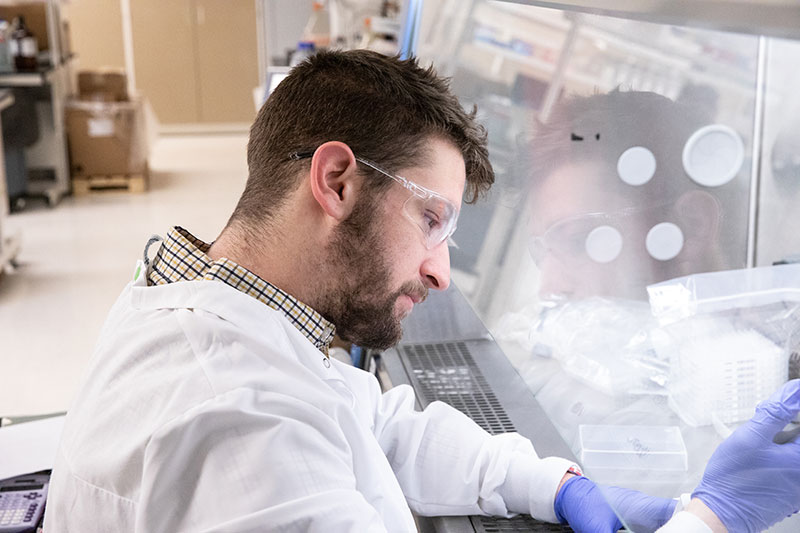What is a Genetic Disorder?
Genetic diseases arise from changes, known as mutations, to a person’s DNA that prevent some function of the body from performing normally. Not every mutation in someone’s DNA means they will develop a genetic disorder, but certain mutations are associated with genetic diseases.
Genetic mutations are responsible for literally thousands of disorders and diseases, some of which are more commonly recognized such as muscular dystrophy and cancer, while others are ultra-rare such as pure autonomic failure (PAF) or familial amyloidosis (hATTR).
Resources to learn more
There are numerous organizations adding their voice to the growing body of education, research and patient support around genetic diseases.

There are three types of genetic disorders: monogenic, multifactorial and chromosomal.
Monogenic disorders
A mutation occurs in the DNA sequence of a single gene. Most monogenic disorders are rare diseases such as Pompe disease and hemophilia.
Multifactorial disorders
These genetic diseases are caused by a combination of genetic mutations and environmental factors such as smoking or diet. Common examples include heart disease, cancer and type 2 diabetes
Chromosomal disorders
These disorders occur when chromosomes (or parts of chromosomes) are missing, extra or changed. Chromosomes are the structures in which our DNA is stored in our cells. Down syndrome is an example of a chromosomal disorder. Gene therapy is not used to treat chromosomal disorders.



